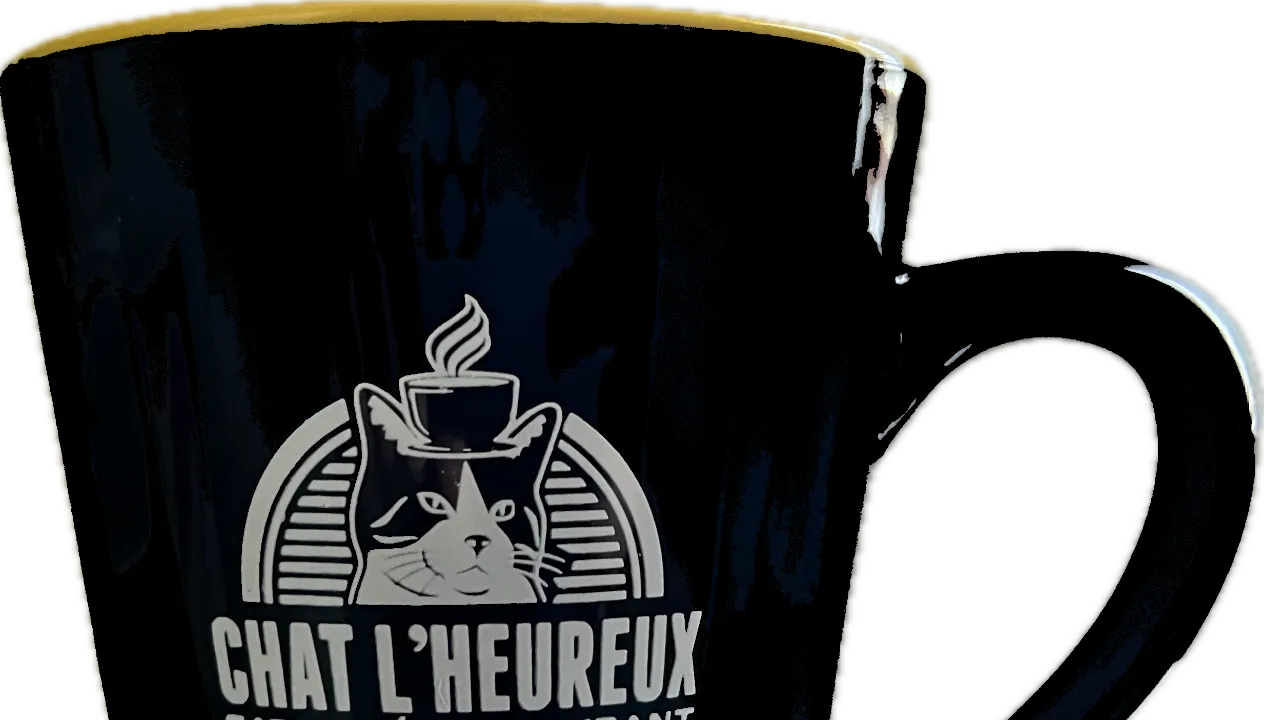Hi, I’m Joe Martucci, and I make websites.
And I’ve been doing it for a long time. I consider myself mostly a front-end developer, but I’ve worked on every piece of website development, from APIs and CI/CD pipelines to automated testing and design system build outs. Over the years I’ve built things like:
- 💬 a real time chat and video platform
- 📊 data driven and highly interactive dashboards
- 📱 native mobile apps
- 🗄️ CMS backed marketing sites and white label apps
Interested in working with me? Let’s talk!
Projects I’ve worked on
-

Chewy: Connect with a Vet
ecommerce, pet health
Real time text and video chat platform connecting pet parents with veterinarians.
-

RX Sense
pbm, insurance
Built out a data-intensive internal platform for PBM clients and a white-labeled CMS driven site for insurers to share with their clients.
-

Education First
educational travel
Built rich, interactive internal tools for customer support as well as beautiful UIs for customers to enroll for their tours and dig into details of their trips.
-

US Bank Canada
A WordPress site that was built with a goal of being fast to load and easy to edit.
-

AMI Graphics
A Drupal build that helped AMI organize their extensive services and products and update examples of their work easily.
-

3S Artspace
One of my favorite projects, a Craft CMS build with tight coupling to a component system that allowed users to build out new pages with a rich assortment of CMS widgets.
-

Bank of New Hampshire
Replatformed a static site onto Sitecore with a new site architecture and custom widgets to build out content pages.
-

Bauer Hockey
Built an interactive goalie equipment customizer for Bauer’s Supreme line of goalie gear. Used high resolution photography and clever SVG tricks to allow the user to change the color of their gear.
Just for fun
One of my favorite things about building for the web is how easy it is to put something out there. Here are some side projects I’ve worked on.
-

Shelf Love Podcast
The website for my wife’s wonderful romance novel related podcast.
-

DOOMCAT
A less morbid version of hangman we came up with at dinner one night turned into a web version.
-

My blog
Everybody needs their own little spot on the web.
Why built with coffee?
- The .coffee TLD released and I thought “well that’s funny”.
- My name is Joe, which is a colloquialism for coffee.
- I like coffee.
- Why not, really.


